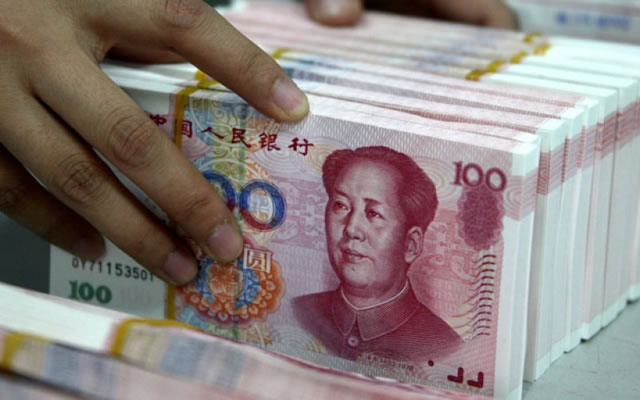The Central Bank of Nigeria’s (CBN) recent foreign exchange (FX) reforms have sparked considerable debate and analysis, with proponents highlighting their positive impact on the naira’s stability and its role in facilitating trade, particularly with China. The reforms, which included the unification of multiple exchange rate windows, initially caused volatility but have since contributed to a more predictable trading band for the naira against the US dollar. This stability is viewed as a key factor attracting Chinese traders who are increasingly willing to accept naira directly, bypassing the dollar in their transactions. This shift is not solely attributed to the naira’s strength against the yuan, but rather to the predictability of the naira-dollar exchange rate, which simplifies cross-currency calculations for international businesses. This stability is also seen as a crucial factor in building investor confidence and fostering a more conducive environment for foreign investment.
The improved stability of the naira against the dollar is considered the primary driver of this trend, simplifying cross-currency calculations and reducing exchange rate risks for businesses engaged in trade with Nigeria. While the naira remains a non-internationally traded currency, its stable relationship with the dollar provides a reliable benchmark for transactions involving other currencies, such as the yuan. This predictability encourages international trade by reducing uncertainty and fostering trust among trading partners. The increasing use of the yuan in Nigeria-China trade also aligns with a broader push to diversify Nigeria’s foreign exchange reserves and reduce its reliance on the US dollar. This diversification strategy aims to enhance Nigeria’s economic resilience and reduce its vulnerability to fluctuations in the dollar’s value.
Experts offer differing perspectives on the significance of the naira-yuan relationship. While some emphasize the importance of a stable naira-dollar exchange rate as the underlying factor driving increased yuan usage, others downplay the direct impact of the naira-yuan relationship itself. The primary focus remains on the naira’s performance against the dollar, which is seen as the key indicator of its overall stability and attractiveness for international trade. A strengthened naira against the dollar, rather than its relation to other currencies, is viewed as a more significant achievement and a sign of a healthier economy.
The stability of the naira, currently trading around 1,500/$, is attributed to various factors, including favorable global market conditions, increased capital inflows, interventions by the CBN, easing inflationary pressures, and improving economic conditions. The relative calm in global markets, particularly the absence of disruptive trade policies from the US, has played a significant role in maintaining the naira’s stability. Additionally, increased remittances, sustained portfolio investments, and growing foreign exchange reserves have provided further support to the currency. These factors, combined with the CBN’s interventions in the FX market, have helped to create a more stable and predictable exchange rate environment.
The FX reforms, while initially causing some pain, are now being lauded for transforming the naira from a symbol of weakness to a driver of competitiveness. By allowing the naira to find its true market value, the reforms have made Nigerian exports more attractive on the global market, boosting export volumes and revenues. This increase in exports has, in turn, generated more foreign exchange earnings, further strengthening the naira without compromising its competitiveness. The reforms have also restored investor confidence, attracting foreign investment and contributing to overall economic growth.
The positive impact of the FX reforms is evident in the significant growth of non-oil exports, which have surged by nearly 20% year-on-year. This growth demonstrates the increased competitiveness of Nigerian products in the international market, driven by a more realistic exchange rate. The higher export earnings are not just a result of price adjustments but also reflect increased export volumes, indicating a genuine increase in demand for Nigerian goods. This export-led growth is considered a more sustainable path to economic development, reducing reliance on oil revenues and diversifying the economy. The increased profitability of exports also encourages reinvestment in value-added processing, further enhancing the value of Nigerian exports and contributing to economic diversification. This virtuous cycle of increased exports, higher foreign exchange earnings, and reinvestment is seen as a key driver of sustainable economic growth.


